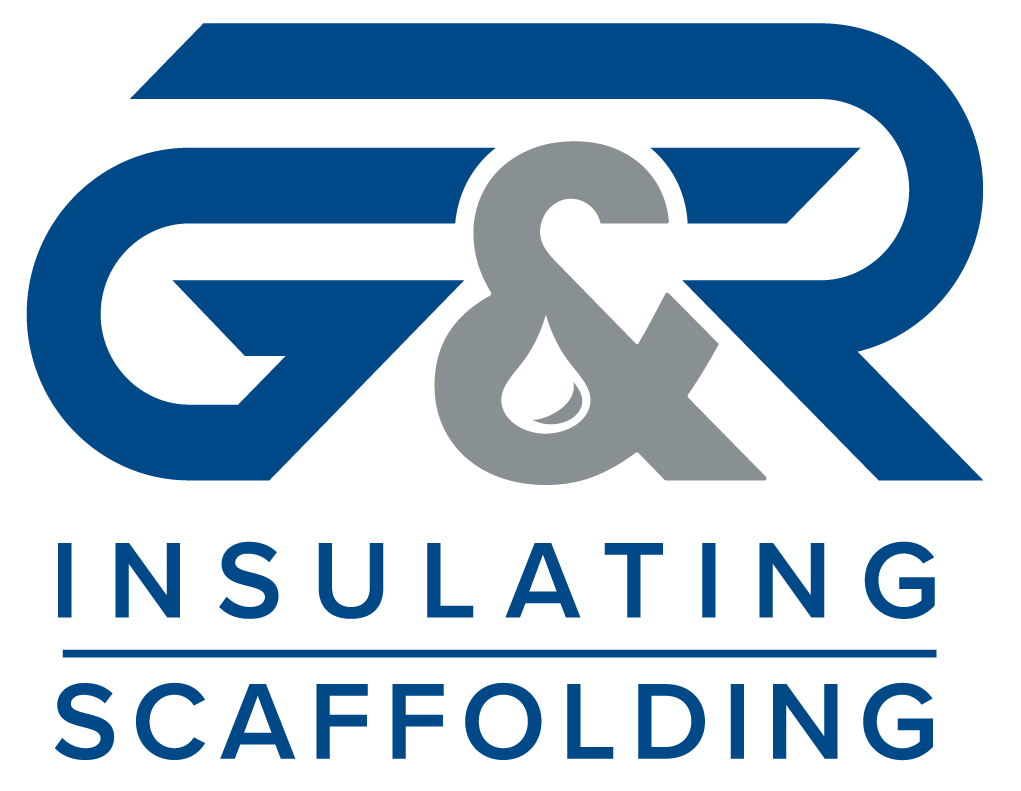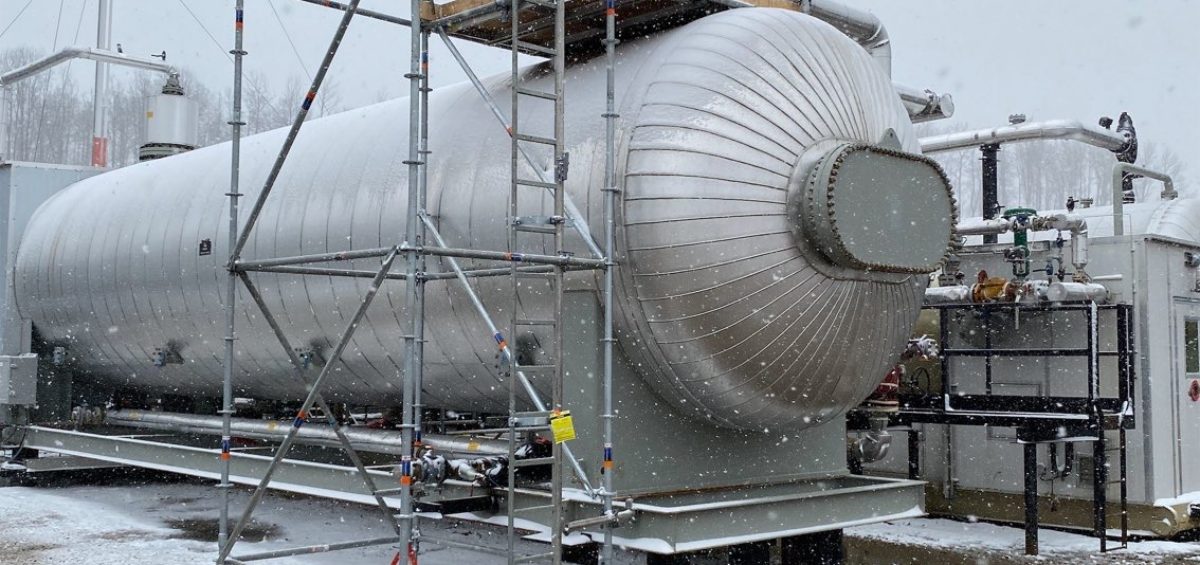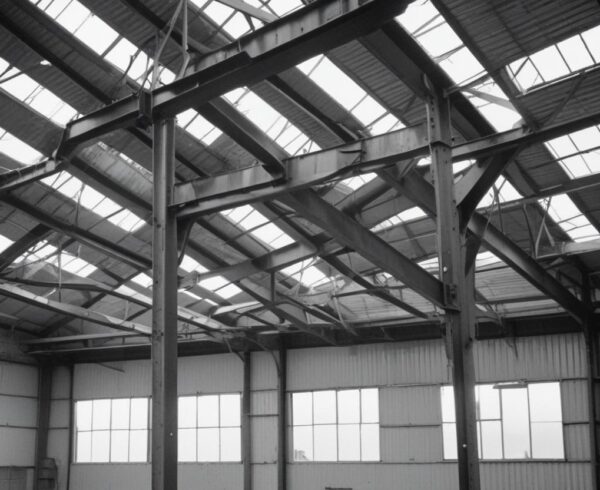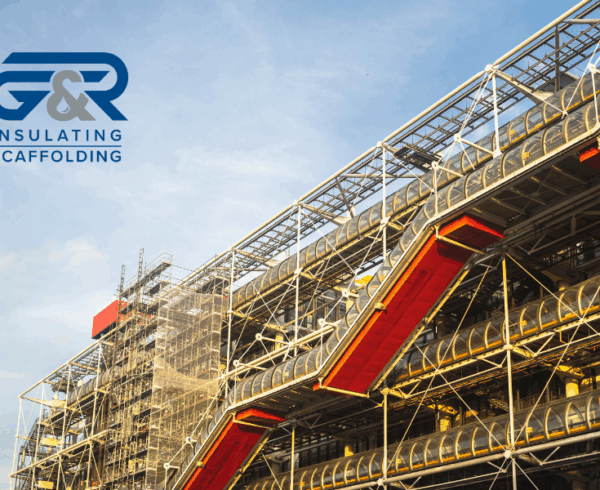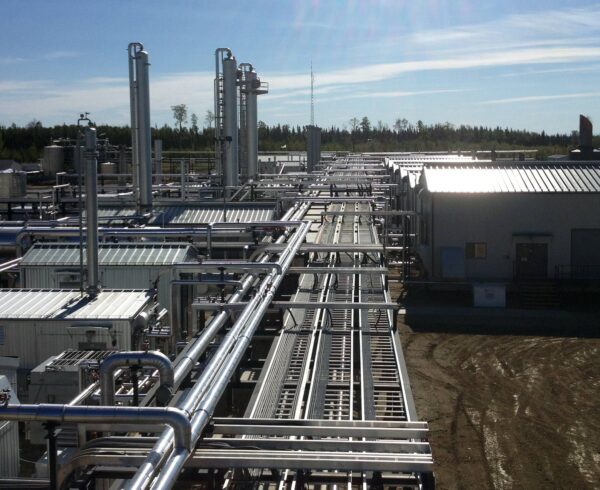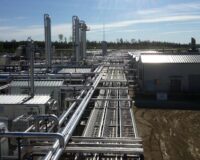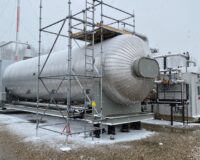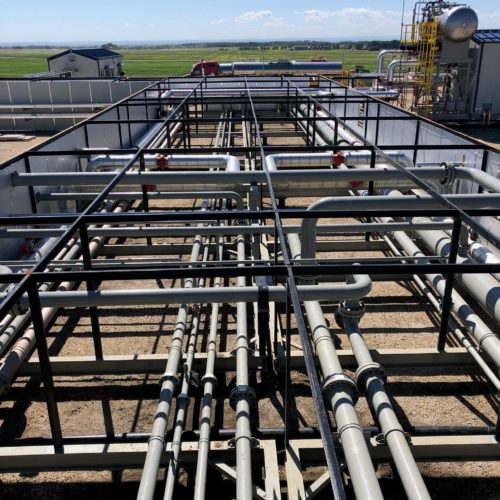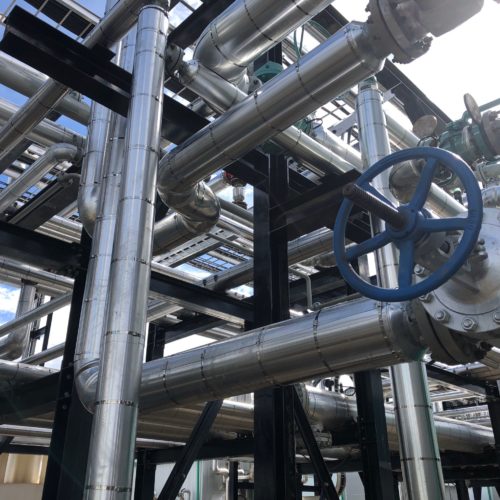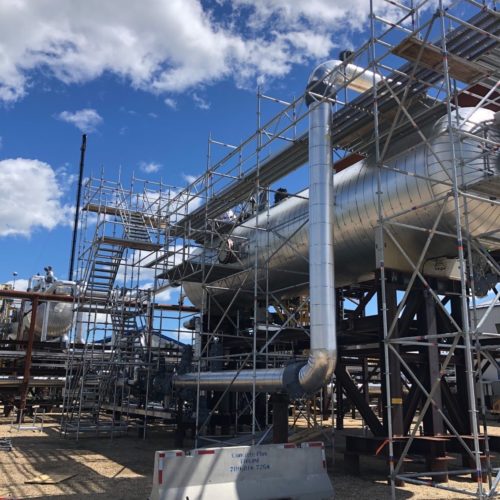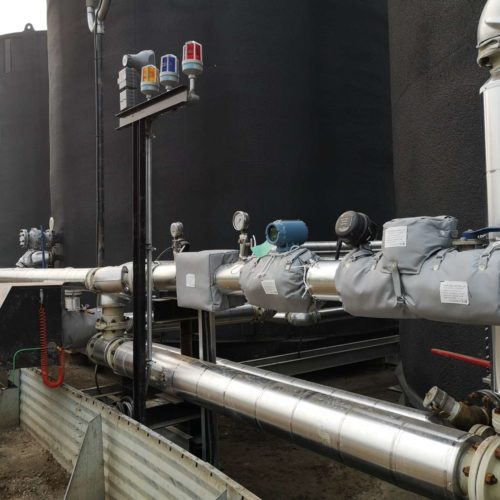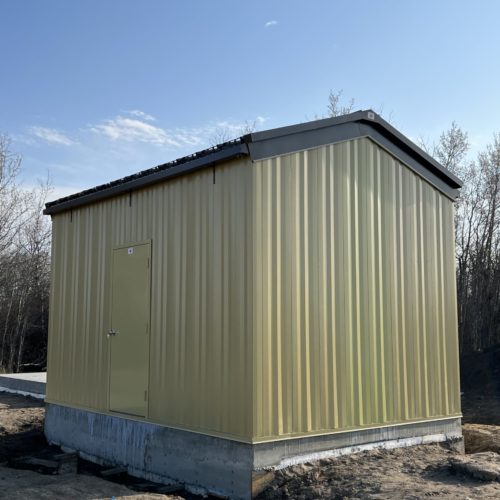Have you ever wondered how buildings stay warm in winter and cool in summer? The secret is insulation. Insulation keeps your home or workplace comfortable, saves energy, and lowers utility bills.
But what exactly are insulation solutions? How do they work, and why are they important for both homes and industrial spaces?
What Are Insulation Solutions?
Insulation solutions are materials and techniques used to reduce heat loss or gain in buildings, pipes, tanks, and equipment. Think of them as a protective blanket that keeps heat inside during cold months and blocks heat during hot months.
Insulation solutions are not only for homes. They are also used in factories, oilfields, and offices to keep things at the right temperature and protect people and equipment.
Types of Insulation Solutions
Different insulation materials are designed for specific purposes. Here are some of the most common types:
Fiberglass Insulation
Fiberglass is made from tiny glass fibers and usually comes in rolls or batts. It is one of the most popular insulation materials for homes and small buildings.
- Pros: Affordable, easy to install, long-lasting
- Best for: Walls, attics, floors
Fiberglass holds air in its tiny fibers, which helps keep rooms warm in winter and cool in summer.
Spray Foam Insulation
Spray foam expands when applied, filling small cracks and gaps. It provides an excellent air seal and is highly energy-efficient.
- Pros: Moisture-resistant, seals gaps, improves energy efficiency
- Best for: Basements, attics, and new constructions
Spray foam insulation can reduce air leakage by up to 40%, saving energy and lowering heating and cooling costs.
Rigid Foam Boards
Rigid foam boards are solid panels that offer strong insulation. They are durable and resistant to moisture, making them ideal for long-term use.
- Pros: High insulation value, durable, moisture-resistant
- Best for: Exterior walls, basements, commercial buildings
These boards are used in places that need extra protection and steady temperatures.
Mineral Wool Insulation
People make mineral wool, also called rock wool, from natural or recycled stone materials. It is fire-resistant and provides soundproofing.
- Pros: Fire-resistant, soundproof, eco-friendly
- Best for: Industrial buildings, piping, areas requiring fire safety
Mineral wool is often used in factories, oilfield buildings, and for insulating pipes.
How Insulation Solutions Improve Energy Efficiency
Insulation solutions offer several key benefits that help both homeowners and businesses.
Temperature Control
Insulation keeps buildings at a comfortable temperature year-round. It prevents cold drafts in winter and keeps hot air out in summer.
Lower Energy Bills
When your heating or cooling system works less, it uses less energy. This reduces your monthly utility bills. Proper insulation can save 15% or more on heating and cooling costs, according to Energy Star.
Noise Reduction
Some insulation types, like mineral wool, also reduce noise. This makes homes, offices, and industrial sites quieter and more comfortable.
Safety and Equipment Protection
In industrial settings, insulation helps protect pipes, tanks, and equipment. It prevents freezing, reduces condensation, and maintains safe operating temperatures.
Applications of Insulation Solutions
Insulation is used in many industries to improve safety, comfort, and efficiency, not just in homes.
Residential and Commercial Buildings
Homes and offices use wall, attic, and floor insulation to stay energy-efficient and comfortable.
Industrial and Oilfield Buildings
Companies like G&R Insulating and Scaffolding, started in 2000, offer industrial insulation. They handle pipe insulation, glycol tubing, tank insulation, insulated blankets, and scaffolding. Their trained staff ensures jobs are done safely, efficiently, and on time.
Industrial insulation helps keep temperatures steady, protect equipment, and save energy in tough conditions.
Pipes and Utilidors
Companies like G&R Insulating and Scaffolding focus on having trained staff and checking quality for every job.
Pipe insulation keeps hot water warm and stops pipes from freezing. Utilidors, which are insulated tunnels, protect and organize pipes and wires.
Tanks and Vessels
Insulating tanks and vessels is crucial for industries that store liquids or chemicals. Insulation maintains the right temperature, prevents condensation, and ensures safe operations.
Choosing the Right Insulation Solution
Selecting the right insulation depends on your building type, climate, and budget. Here are some tips:
- Consider your climate: Colder regions need thicker insulation than warmer areas.
- Check building type: Homes, offices, and industrial sites have different insulation needs.
- Use certified materials: Choose products that meet energy efficiency standards.
- Hire trained professionals: Proper installation ensures safety and long-term performance.
Companies like G&R Insulating and Scaffolding focus on trained staff and quality work. This ensures insulation works well and the workplace is safe.
Long-Term Benefits of Insulation
Investing in insulation solutions brings many long-term advantages:
- Lower energy bills
- More comfortable indoor spaces
- Reduced wear on heating and cooling systems
- Higher property value
- Positive environmental impact
With the right insulation, homes and businesses can save energy and stay safer.
Conclusion
Insulation solutions are essential for controlling temperature, saving energy, and improving safety. From homes to industrial buildings, the right insulation can make a big difference.
Companies like G&R Insulating and Scaffolding demonstrate the importance of quality service. Their skilled staff makes sure every job, from pipe insulation to scaffolding, is done safely and correctly.
If you want to save energy, protect your property, and stay comfortable all year, insulation is a smart choice. Contact us today to learn how insulation can help your business.
